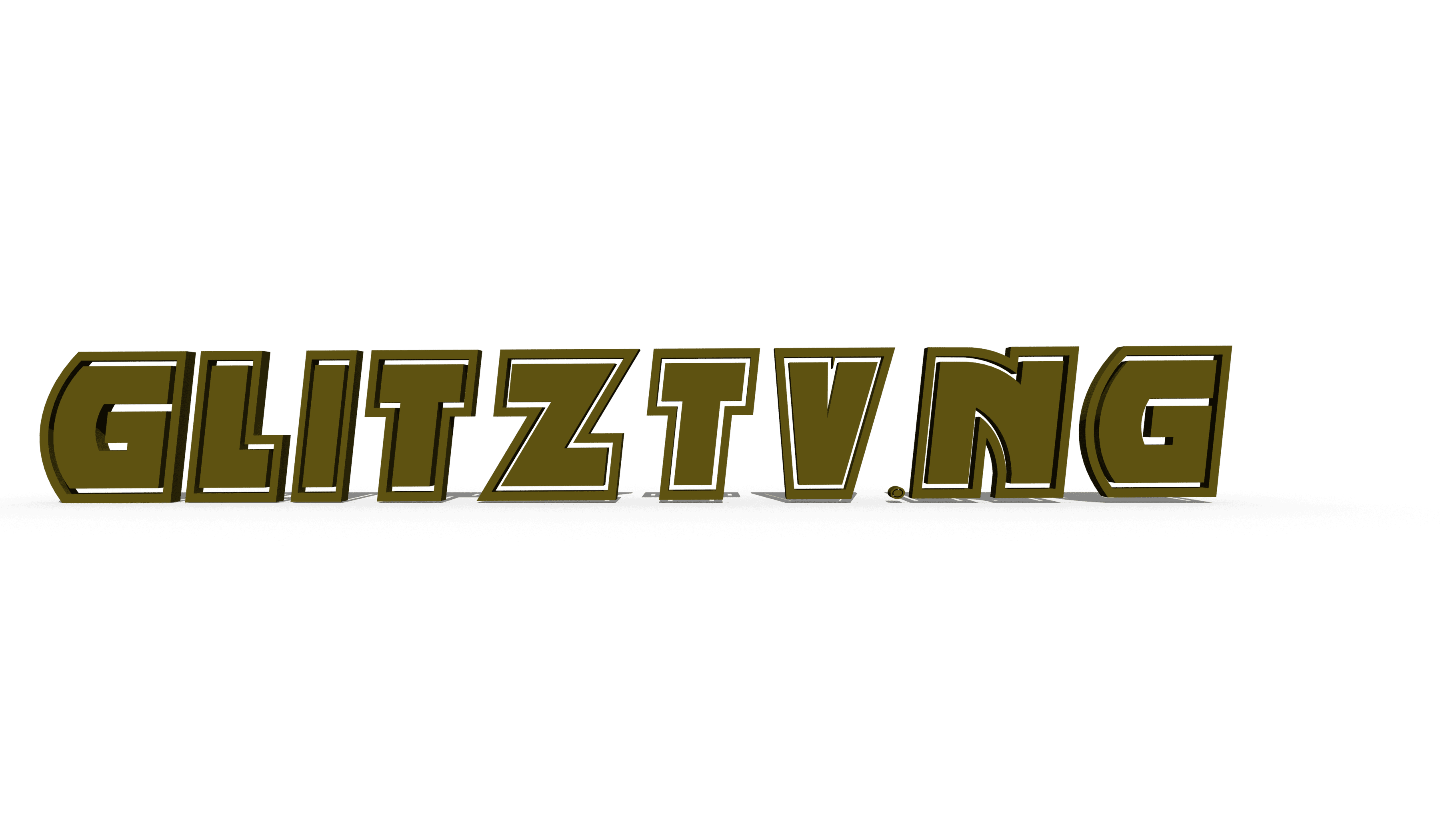In recent times, Nigeria has observed a disconcerting pattern: an increase in the usage of hard drugs among its young population. This worrisome occurrence poses significant risks to both individuals and society as a whole. Comprehending the underlying causes, acknowledging the perils, and implementing effective remedies are crucial measures in tackling this escalating issue.
Understanding the Occurrence:
Numerous factors contribute to the rise of hard drug use among Nigerian youths. Economic challenges, inadequate access to education and employment opportunities, peer pressure, and societal influences are among the primary catalysts. Moreover, the availability and affordability of drugs, along with ineffective law enforcement measures, further worsen the problem.
Hazards of Hard Drug Use:
The hazards linked to hard drug use cannot be overstated. From physical and mental health risks to social and economic repercussions, the effects are profound and extensive. Health complications such as addiction, overdose, and the transmission of infectious diseases like HIV/AIDS and hepatitis are prevalent among drug users. Additionally, drug dependency frequently leads to strained relationships, academic and occupational decline, and involvement in criminal behavior.
Resolutions to Tackle the Crisis:
Addressing the surge of hard drug use among Nigerian youths necessitates a multifaceted approach involving government intervention, community engagement, and individual accountability. Here are some potential resolutions:
Education and Awareness: Implement comprehensive drug education programs in schools and communities to enlighten youths about the perils of drug abuse and equip them with the skills to resist peer pressure.
Access to Treatment and Rehabilitation: Enhance access to affordable and easily accessible treatment and rehabilitation services for individuals grappling with drug addiction. This encompasses establishing rehabilitation centers and providing addiction management training to healthcare professionals.
Law Enforcement and Regulation: Strengthen law enforcement endeavors to curb drug trafficking and distribution networks. Additionally, enforce more stringent regulations on the sale and distribution of prescription drugs to prevent misuse.
Community Support and Involvement: Foster community support networks to offer social and emotional assistance to individuals recovering from drug addiction. Encourage community participation in drug prevention initiatives and support groups.
Youth Empowerment and Employment Opportunities: Create avenues for empowering youth through skills training, entrepreneurship programs, and employment opportunities. Addressing socio-economic inequalities can mitigate the susceptibility of youths to drug abuse.
Counseling and Mental Health Services: Improve access to counseling and mental health services to address underlying psychological issues contributing to drug abuse. Promote the destigmatization of mental health disorders to encourage individuals to seek help.
International Cooperation: Collaborate with international partners and organizations to bolster drug control measures, share intelligence, and facilitate capacity-building initiatives.
Conclusively, the surge of hard drug use among Nigerian youths is a complex and multifaceted predicament that necessitates immediate attention and united efforts from all stakeholders. By implementing a combination of preventive measures, treatment interventions, and socio-economic initiatives, it is possible to alleviate the impact of drug abuse and forge a healthier and safer future for Nigeria’s young population. It is imperative to take decisive action to address this pressing issue.
Nura Otu Oshibu writes from the forest hills of Bateriko village, Eastern Boki
Contact email: nurawhyte@gmail.com





